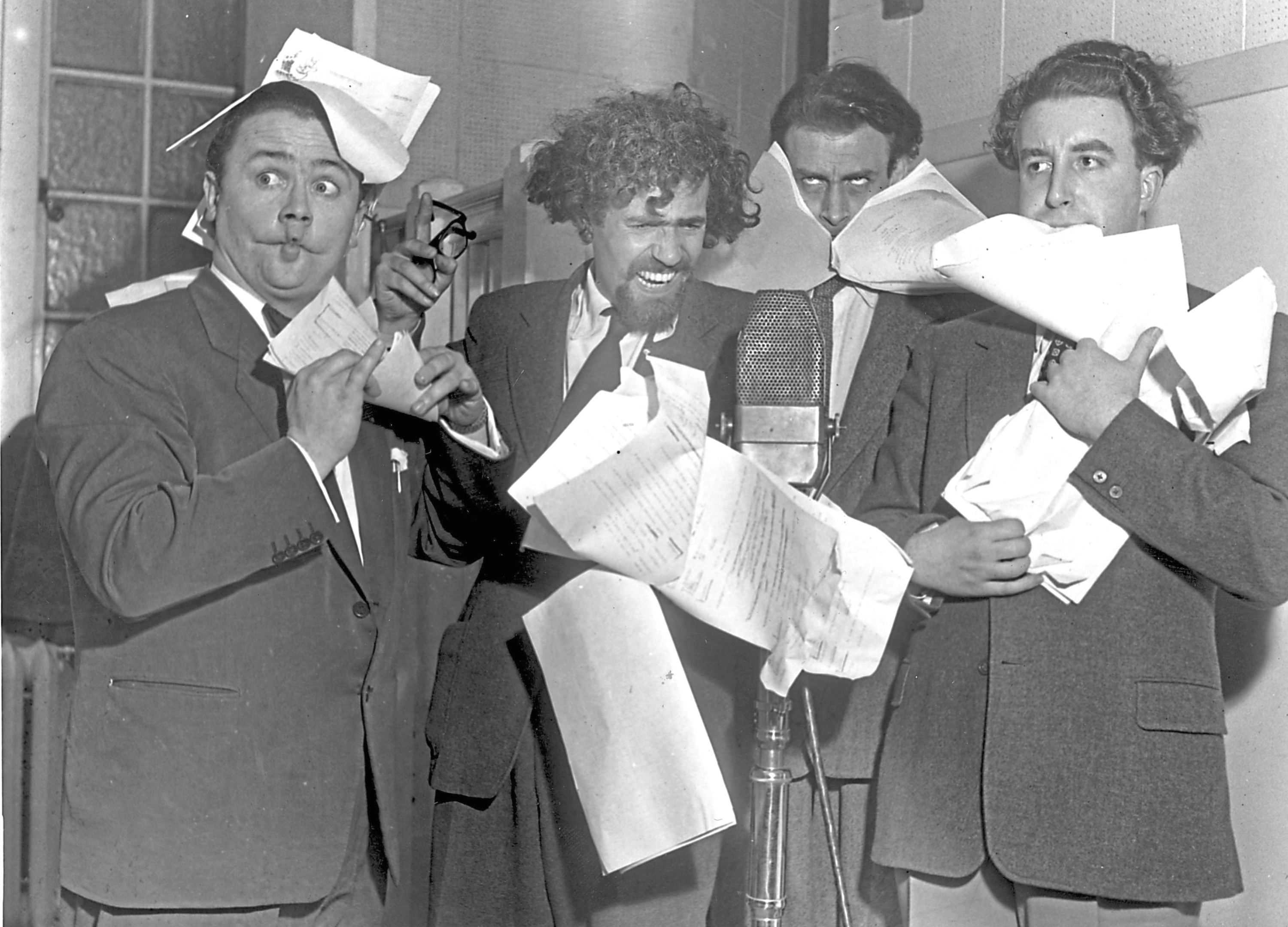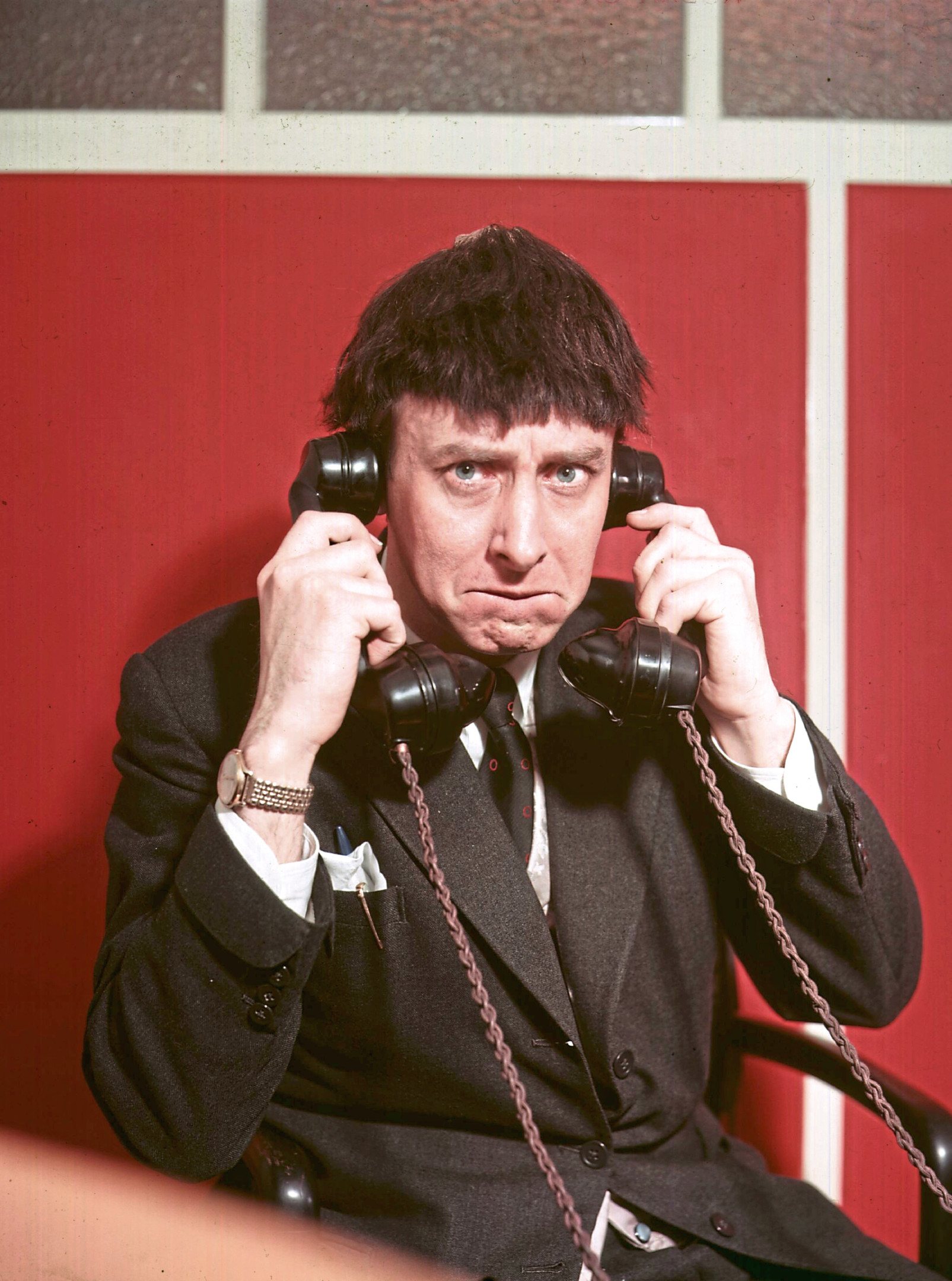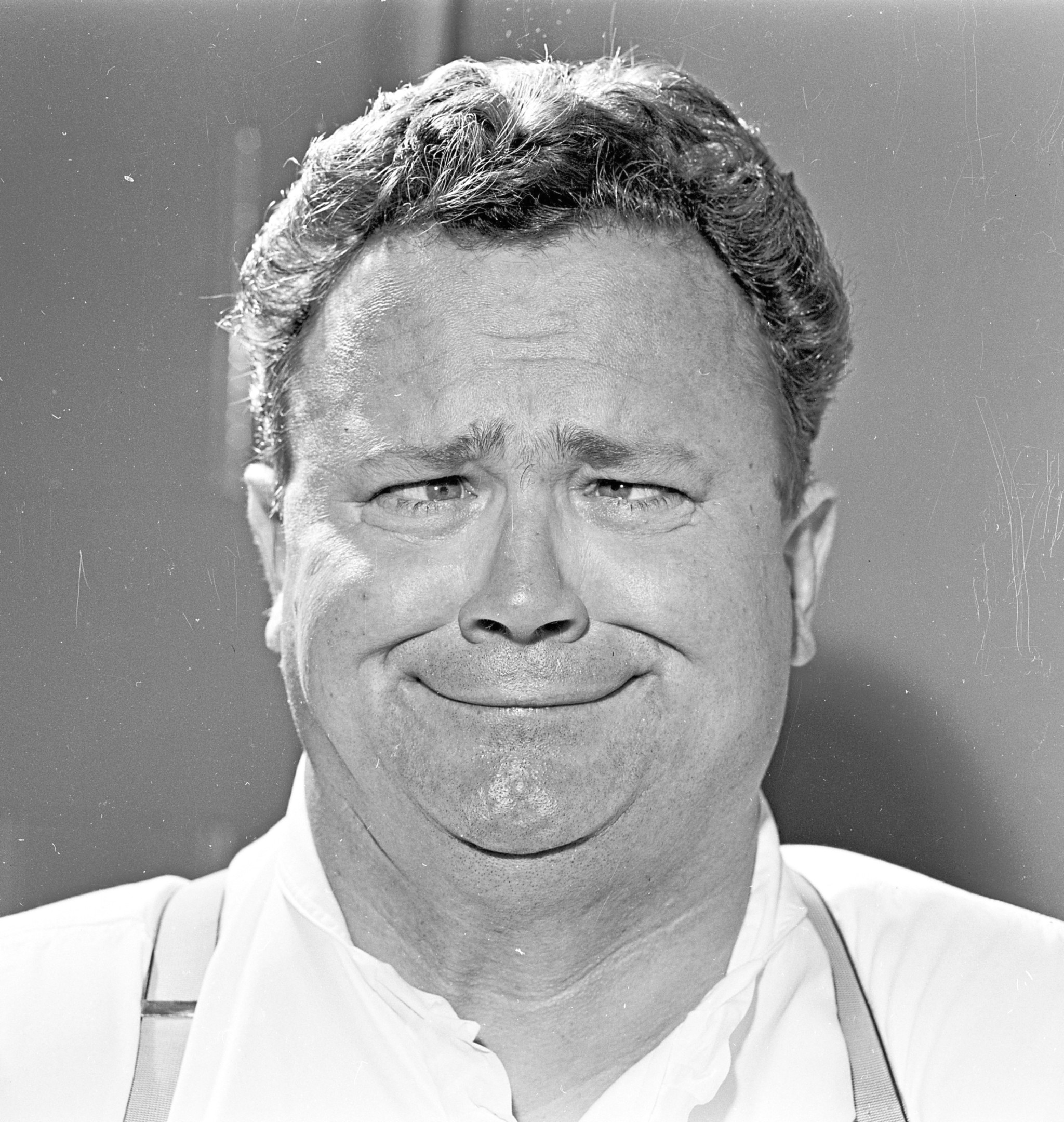
THE Goons were an immediate success when they suddenly hit the unsuspecting airwaves in 1951.
The first show attracted an audience of 370,000 – not too shabby in itself.
But by the time the 17th show was broadcast, that had soared to just under two million listeners.
No wonder the BBC was quick to commission a second series, though they weren’t as quick to preserve that first run of episodes, none of which survives.
Mind you, the big shots at the Beeb remained befuddled by the Goons’ surreal humour and some of them mistakenly referred to it as The Go On Show or even – unforgivably – The Coon Show.
The Goons, each episode of which ran for just short of the half-hour, was essentially a comedy-variety programme with scripted comedy segments punctuated by musical interludes that made up about half the running time but there were a few changes made for their second outing.
The musical interludes were shortened and jazz harmonica player Mex Geldray and singer Ray Ellington and his quartet joined the line-up.
Peter Eton came on board as a producer and, as an expert in sound effects and microphone technique, he made the show a far more dynamic experience.
Milligan avidly embraced bizarre sound effects as a perfect marriage with his surreal humour, some of the later ones being produced by the fledgling BBC Radiophonic Workshop, and many of them would be reused by other shows for decades.
Famously, Spike once filled his socks with custard in the BBC canteen and swung them at some plywood to get the required squelching sound.
On another occasion an FX instruction in the script read: “Sound effect of two lions walking away, bumping against each other. If you can’t get two lions, two hippos will do.”
However, this ground-breaking use of sound effects contributed to the already appreciable pressure on the show’s lead writer, and just a few episodes into the second series Milligan suffered a major nervous breakdown.
He was hospitalised and was absent as a performer for about two months.
Larry Stephens and Jimmy Grafton penned the episodes while Milligan recovered.
Milligan, who had suffered from shellshock after being wounded by German mortars during the war, blamed the breakdown and also the end of his first marriage on the sheer volume of writing the show required.
Milligan was back for series three, now officially called The Goon Show, but they said farewell to Michael Bentine who’d played the nominal “hero”, madcap inventor Dr Osric Pureheart, throughout the first two runs.
It was amicable enough, though there had been creative friction between Bentine and Milligan, as the former was keen to pursue his own ideas.
But nothing could derail the Goons’ bandwagon and this was when the show settled into what many think was its classic format.
Secombe stepped into the hero’s role and Neddie Seagoon was usually the only character he played in three acts linked by a continuing – and ludicrous – plot.
In contrast, Milligan and Peter Sellers contributed the half-dozen regular characters with Spike voicing Eccles, Minnie Bannister and Count Jim Moriarty while Sellers played Bluebottle, Henry Crun, Major Dennis Bloodnok and the brilliantly villainous Hercules Grytpype-Thynne.
The stories usually involved Grytpype-Thynne and Moriarty getting the gullible Seagoon involved in some far-fetched plan.
Tickets for the recordings at the BBC’s Camden Theatre were consistently oversubscribed and the various character voices and their catchphrases quickly became part of the vernacular.
My dad has a habit of imitating Milligan’s high-pitched Little Jim saying “He’s fallen in the wah-taa!” while watching Olympic diving, while I’ve always had a soft spot for Sellers’ adenoidal Boy Scout from East Finchley Bluebottle saying, “You dirty, rotten swine, you! You have deaded me!”
Oddly, both Henry and Minnie had a habit of complaining, “You can’t get the wood, you know.”
The use of catchphrases was another area in which the Goons were hugely influential.
Would we have had Mr Humphries’ trilled “I’m free!”, Captain Mainwaring’s withering “You stupid boy!” or Victor Meldrew’s heartfelt “I don’t believe it!” without them?
The Goons also revelled in their trademark long-running jokes and again several words and phrases invented for the show entered common usage, most famously “lurgi”.
In the episode Lurgi Strikes Britain, Milligan introduced this fictional maladay – named after the Lurgy river in Donegal – and it came to mean the common cold or any other non-specific illness usually preceded by the adjective “dreaded”.
Alcohol was strictly forbidden during rehearsals and recording so the cast would fortify themselves with milk, which was in turn fortified by brandy.
As a result, in later episodes the catchphrase “round the back for the old brandy” or “the old Marlon Brando!” was used to announce the exit of a character or a musical break.
Milligan also had fun with the radio programme ploy from the 20s and 30s of having the background noise for crowd scenes created by a group of people mumbling “rhubarb” under their breath.
He would parody this by having just the Goons clearly say the word instead of muttering it, and this soon included Secombe saying “custard” instead.
Speaking of Harry, he was the man who, more than anyone else, made the blowing of raspberries a Goon trademark.
As well as being a device to avoid silence, he used it to signal to Milligan and Sellers that he was about to crack up, or “corpse” as they say in theatrical circles.
It became common to hear a joke from the Welshman, a raspberry and then a stream of high-pitched laughter. That said, he wasn’t the worst Goon for this. Sellers was notorious for fluffing his lines, and each mistake would be followed by his trademark giggling.
In The Goons’ Ying Tong Song, which reached No 3 in the hit parade in 1956, Milligan contributed a raspberry solo and years later teamed up with Ronnie Barker on The Two Ronnies’ The Phantom Raspberry Blower Of Old London Town in which the credits read, “Raspberries professionally blown by Spike Milligan”.
The Ying Tong Song was the most successful of several of their nonsensical songs to be recorded.
Secombe usually spoke the lead vocals, accompanied by Sellers and Milligan singing along as various Goon Show characters, because as he was signed to the Philips Records company he couldn’t sing on any of the Goons’ Decca recordings.
Five films also came out of the Goons’ activities, though only 1952’s Down Among The Z Men actually featured all four and recognisable characters from the show.
Penny Points To Paradise, released the previous year, was the Goons’ feature film debut though Bentine was absent from it, while the other films were shorts starring just Sellers and Milligan.
The first of these, 1951’s Let’s Go Crazy, has Milligan playing Eccles while The Case Of The Mukkinese Battle Horn and The Running, Jumping & Standing Still Film came at the end of the 50s.
The Goons’ theatrical performance of ludicrous plots didn’t readily lend itself to television but in 1956 an attempt was made to translate their success to the small screen in The Idiot Weekly, Price 2d.
Starring Sellers, made for Associated-Rediffusion and broadcast only in the London area, it was mainly written by Milligan.
A more successful adaptation came in the early 60s when the BBC made 26 episodes of The Telegoons, a 15-minute puppet show featuring the voices of Sellers, Milligan and Secombe and adapted from the radio scripts.
It was repeated once after its original run and all episodes are known to have survived. The BBC has never released it since but unofficial DVD compilations are available.
In 1959 Milligan, who struggled with the pressure of producing weekly scripts, announced the ninth series would be the Goons’ last hurrah but an outcry and a petition persuaded him to make one final series.
The show was still hugely popular when he finally rang down the curtain but he was adamant, explaining: “It’s better to go out on top.”
That wasn’t quite the end of the story, though, as just over a decade later, in 1972, The Last Goon Show Of All was broadcast as a special one-off edition as part of the 50th anniversary celebrations of the BBC.
Broadcast simultaneously on radio and TV, and later released as an LP, it was much more like Milligan’s then current output than the classic Goons of old as although all the stock characters put in an appearance, the script consists mainly of one-liners than a daft plot.
That said, Secombe introducing “a constabule of Olde England played by an aging Peter Sellers” isn’t a bad line.


Enjoy the convenience of having The Sunday Post delivered as a digital ePaper straight to your smartphone, tablet or computer.
Subscribe for only £5.49 a month and enjoy all the benefits of the printed paper as a digital replica.
Subscribe
